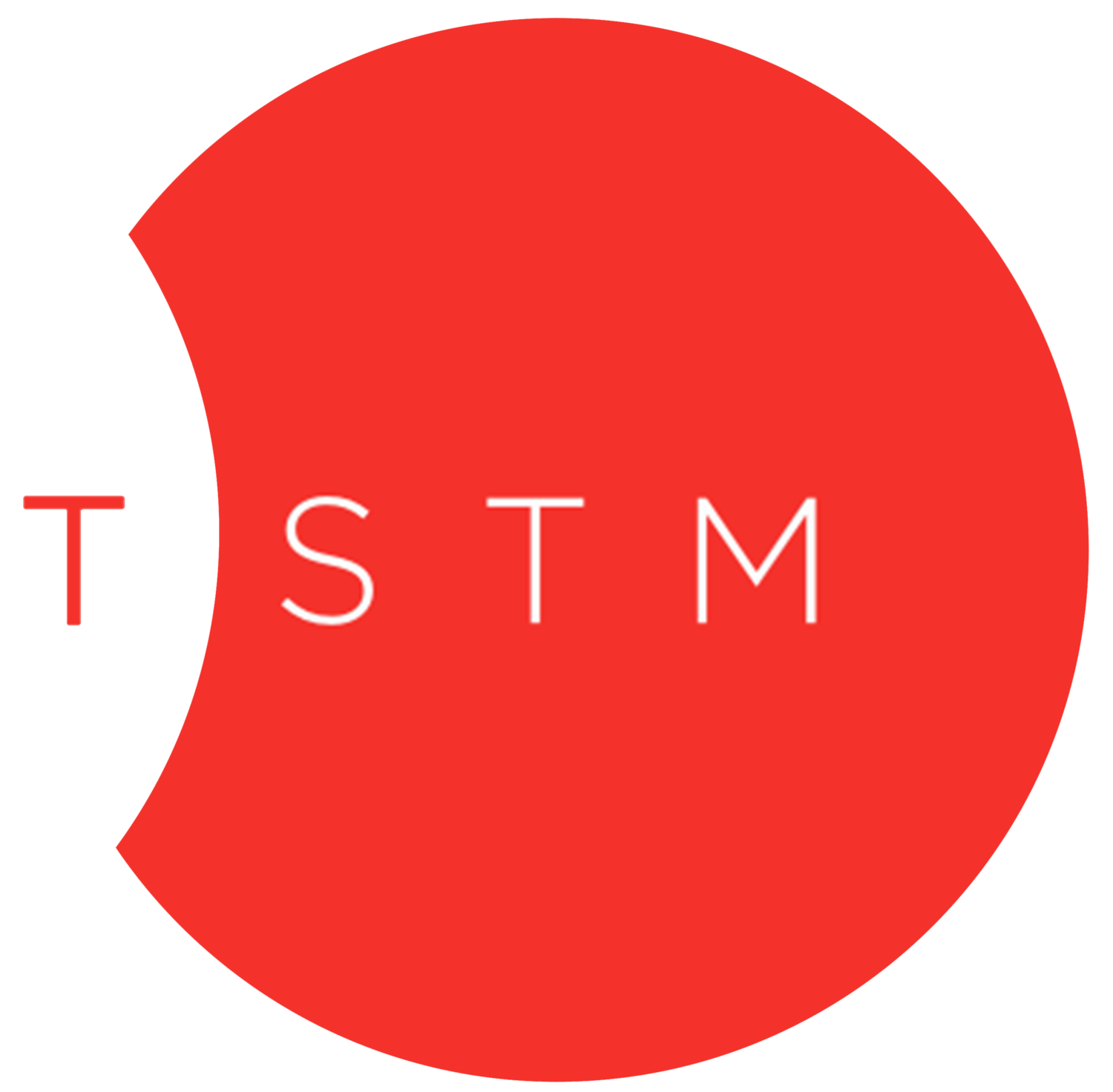Zinc is a key player in your body's health. It's not just about avoiding those early aging symptoms. It's about feeling strong, energised, and ready to take on whatever life throws your way.
Zinc is like a superhero for your body. It helps with:
💪 Building and repairing tissues: Think of it as the bodybuilder's secret weapon.
💪 Boosting your immune system: Your body's defense squad needs zinc to fight off invaders.
💪 Supporting brain function: Need to stay sharp? Zinc can help with that.
💪 Helping with taste and smell: Enjoy your food more with enough zinc.
💪 Balancing hormones: Keeps your body's chemistry in check.
Zinc and Your Midlife Mojo
You might be wondering, "Why is zinc so important for men?" Besides its general health benefits, zinc plays a crucial role in…







